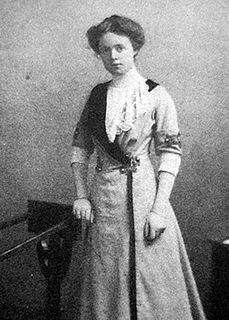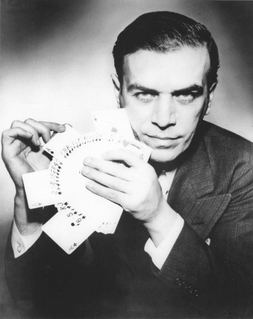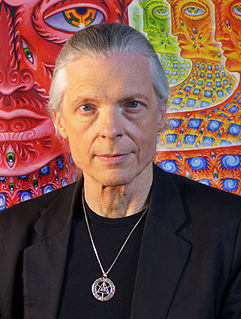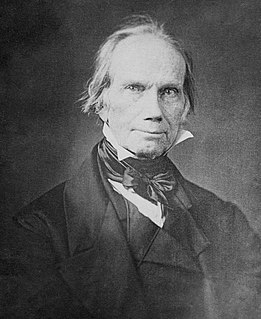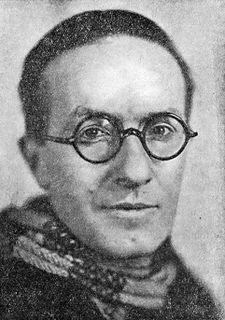A Quote by I. A. R. Wylie
Another of our highly prized virtues is fidelity. We are immensely pleased with ourselves when we are faithful.
Related Quotes
We put pride into everything like salt. We like to see that our good works are known. If our virtues are seen, we are pleased; if our faults are perceived, we are sad. I remark that in a great many people; if one says anything to them, it disturbs them, it annoys them. The saints were not like that - they were vexed if their virtues were known, and pleased that their imperfections should be seen.
We are profoundly grateful for the blessings bestowed upon us: the preservation of our freedom, so dearly bought and so highly prized; our opportunities for human welfare and happiness, so limitless in their scope; our material prosperity, so far surpassing that of earlier years; and our private spiritual blessings, so deeply cherished by all. For these we offer fervent thanks to God.
We humans, once we have become emotionally invested in a homeplace, a prized personal possession, or, especially, in another person, find it immensely difficult to give them up....Because they were made at a time of life when we were utterly dependent on them, the love attachments of infancy have inordinate power over us, more than any other emotional investment.
